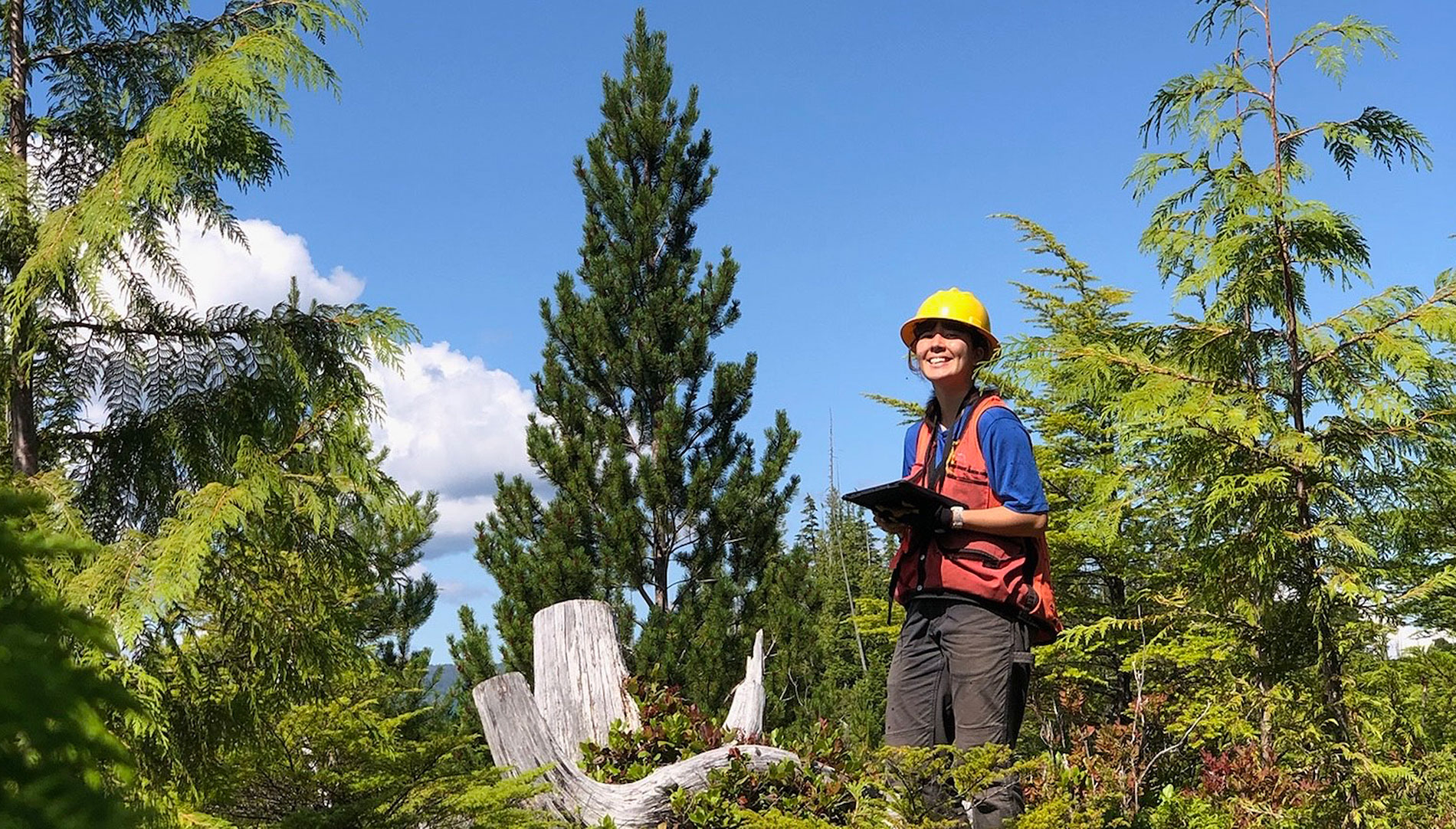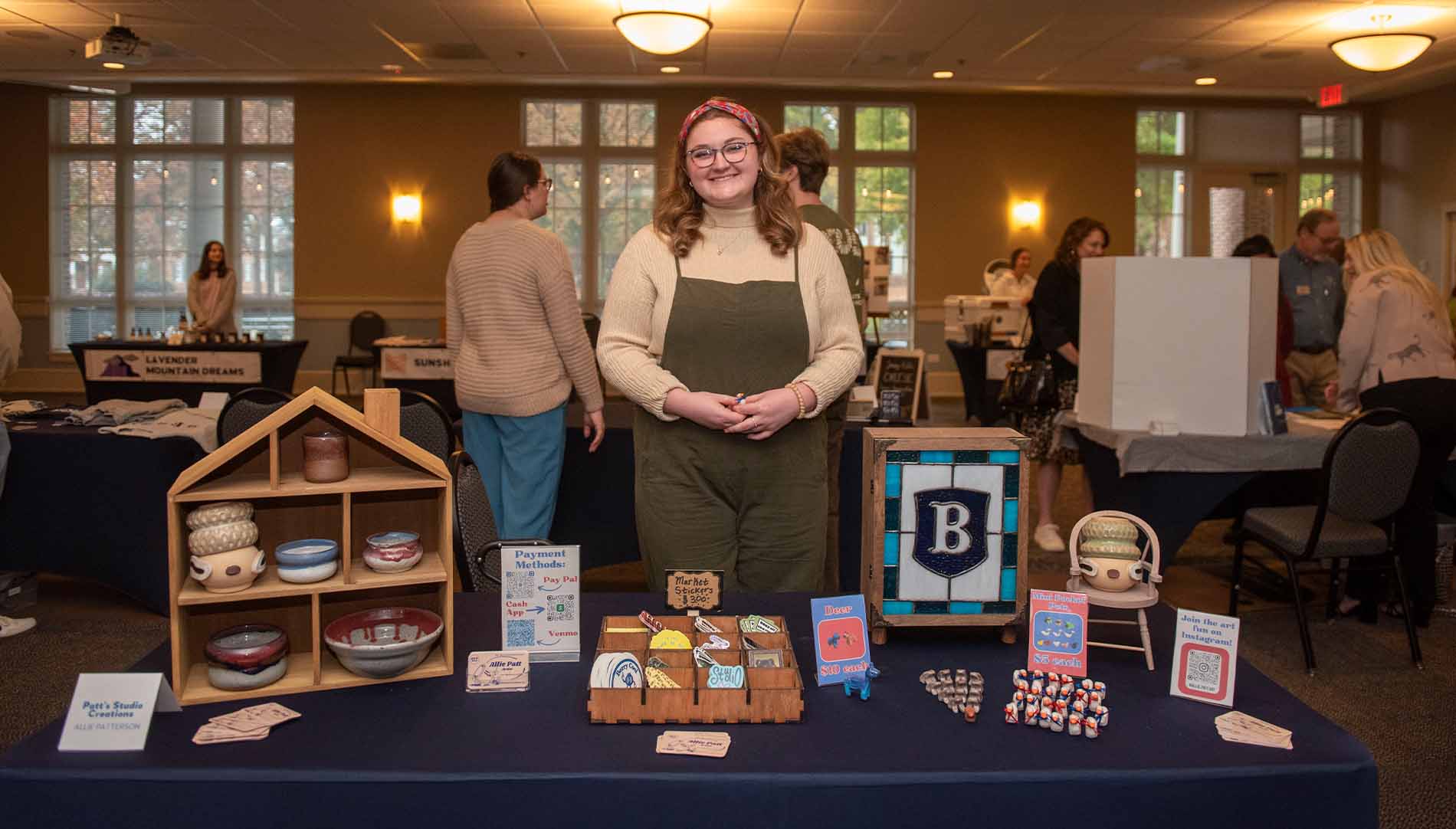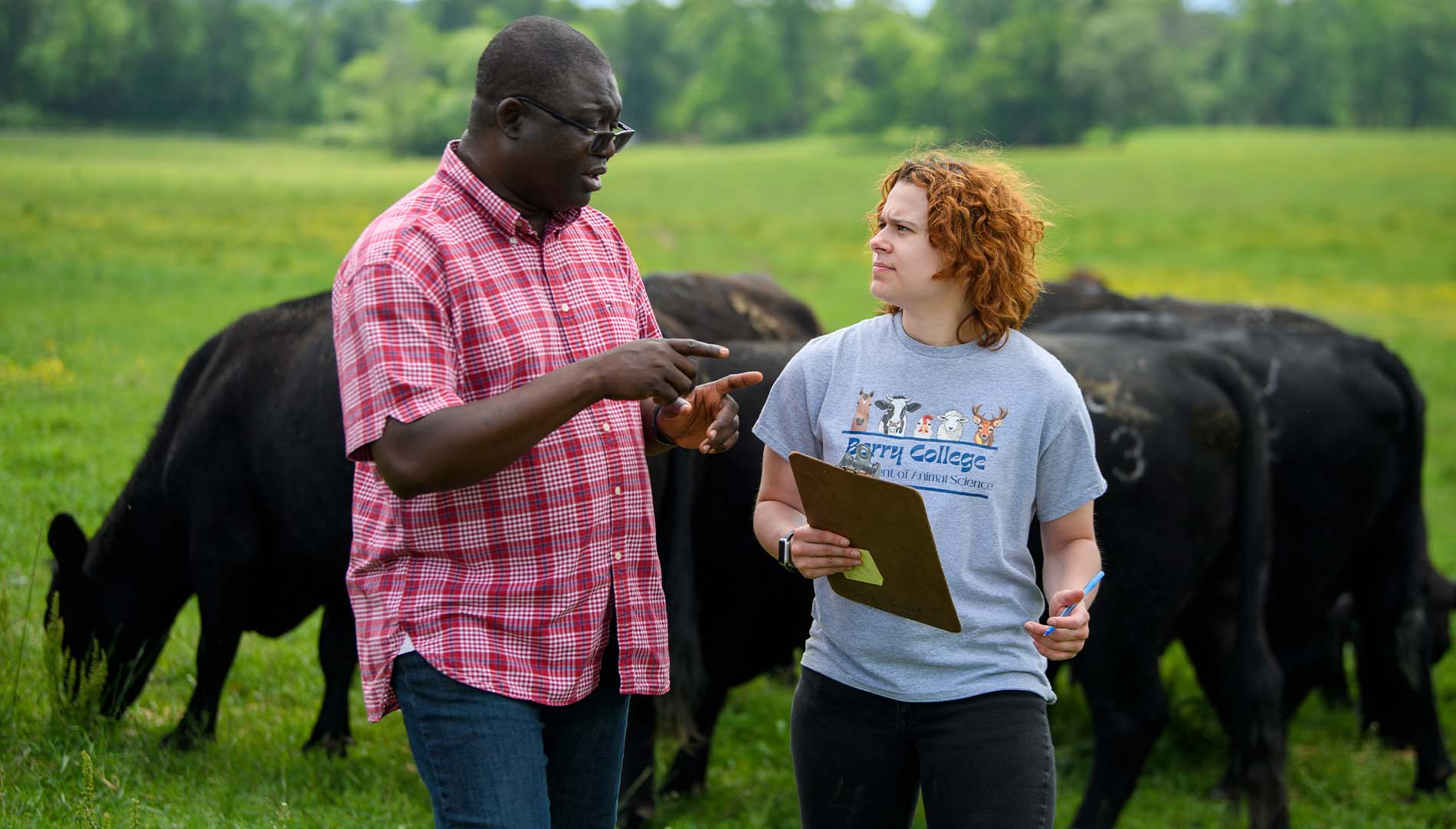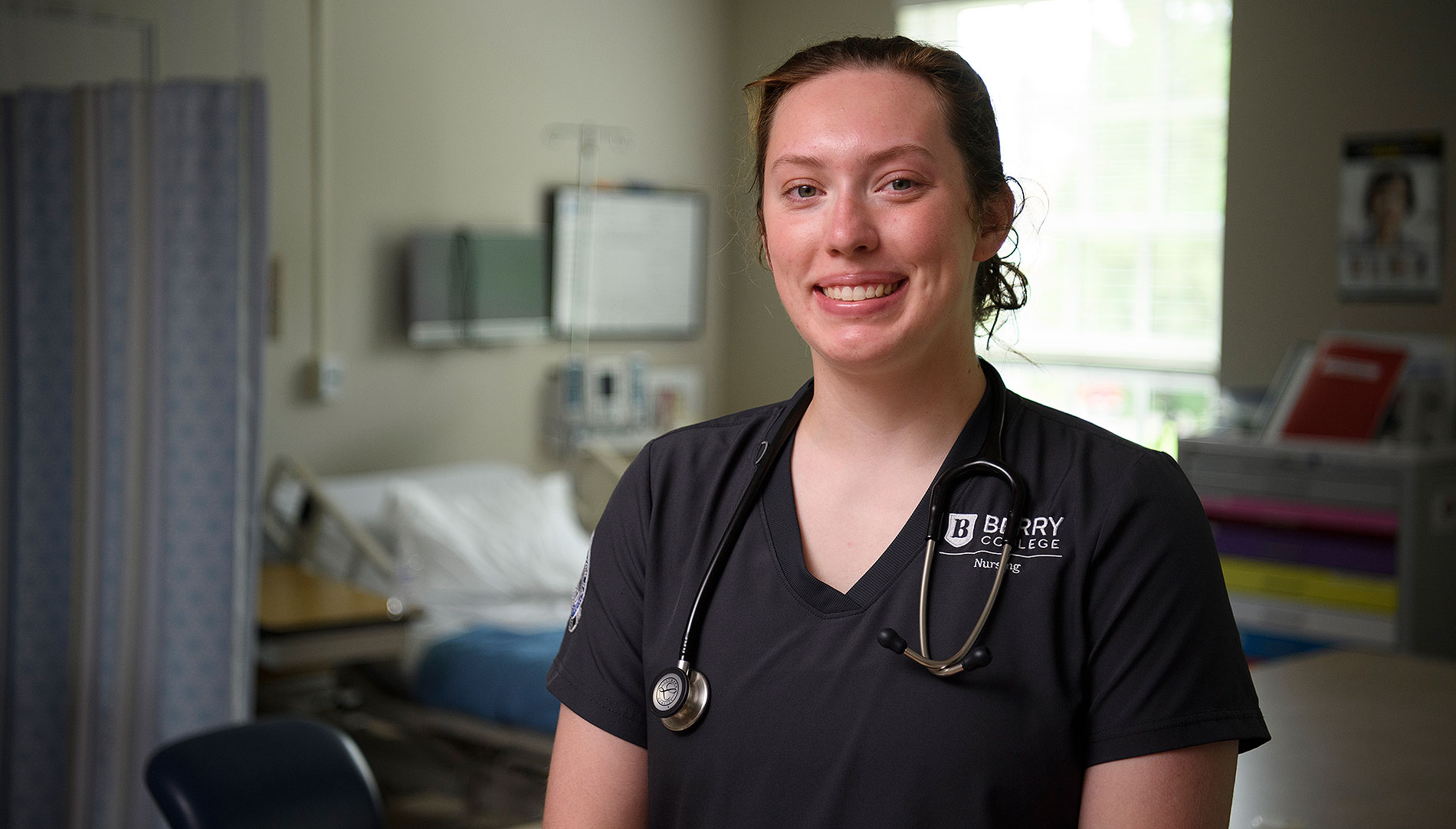Kana Furukawa ’24 is settling into her new role as a forestry research specialist with the LSU AgCenter. In her day-to-day work, she serves the land management industry in Louisiana, addressing their forestry research needs such as optimizing tree growth, testing herbicides and enhancing wildlife habitats. Furukawa credits her success in the forestry industry to her significant undergraduate fieldwork experience and to the mentors who guided her.
A botany course with Associate Professor of Biology Catherine Borer played a role in her future. Though Furukawa loved the outdoors, she was unsure how to channel her interest into a career. Borer's class helped narrow her interest to plants, prompting her major in biology as well as environmental science.
During her first year, Furukawa worked on the Berry College grounds crew, maintaining campus landscaping. She soon specialized her role, assisting the arborist team in caring for trees and raising saplings. Drawn to forestry, she joined the American chestnut and longleaf pine research projects, where she had her first experience with prescribed burns.
“To restore the longleaf pine ecosystem on Berry’s campus,” explains Furukawa, “we set low-intensity burns, mimicking natural fire cycles that southern pinelands depend on. I also earned several wildlife fire certifications. It was a lot of responsibility, but it was fulfilling, hopeful work.”
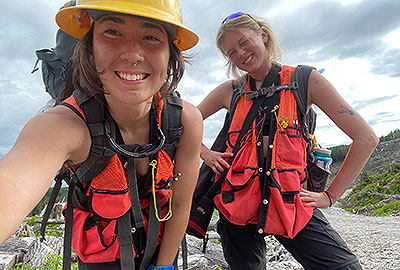
The summer before her senior year, Furukawa interned with the USDA Forest Service in Alaska thanks to extensive field research at Berry. During the internship, her crew was dropped into remote sites within the Tongass National Forest, where they camped and conducted research 10 hours a day for one week.
Furukawa acknowledges mentors played a pivotal role in her development. Borer, who initially sparked her interest in botany, continued to support her beyond the classroom. “In one of Dr. Borer’s ecology classes I was introduced to caving, and we still go caving together today,” Furukawa shares. “She’s someone I deeply respect, and I met some of my best friends in her classes.”
Similarly, Professor of Biology Martin Cipollini, who oversaw the chestnut and longleaf pine research projects, instilled a lot of confidence in Furukawa. “He always set high expectations for me and gave me independence in my work,” Furukawa says. “He entrusted me with responsibilities like leading volunteers out in the field that prepared me for the work I do today.”
Zachary Taylor, Furukawa’s advisor and associate professor of environmental science, had a profound impact throughout her college career. He gave Furukawa the opportunity to share her wisdom with incoming environmental science students through a first-year seminar course they taught together.
“Mentoring younger students as they entered the college world helped me feel confident in my own place in it,” notes Furukawa. “And I encourage incoming students in the sciences to follow their passion. Pay attention to what interests you in your work positions, in your introductory classes, etc. Focus on your curiosity and follow it.”
